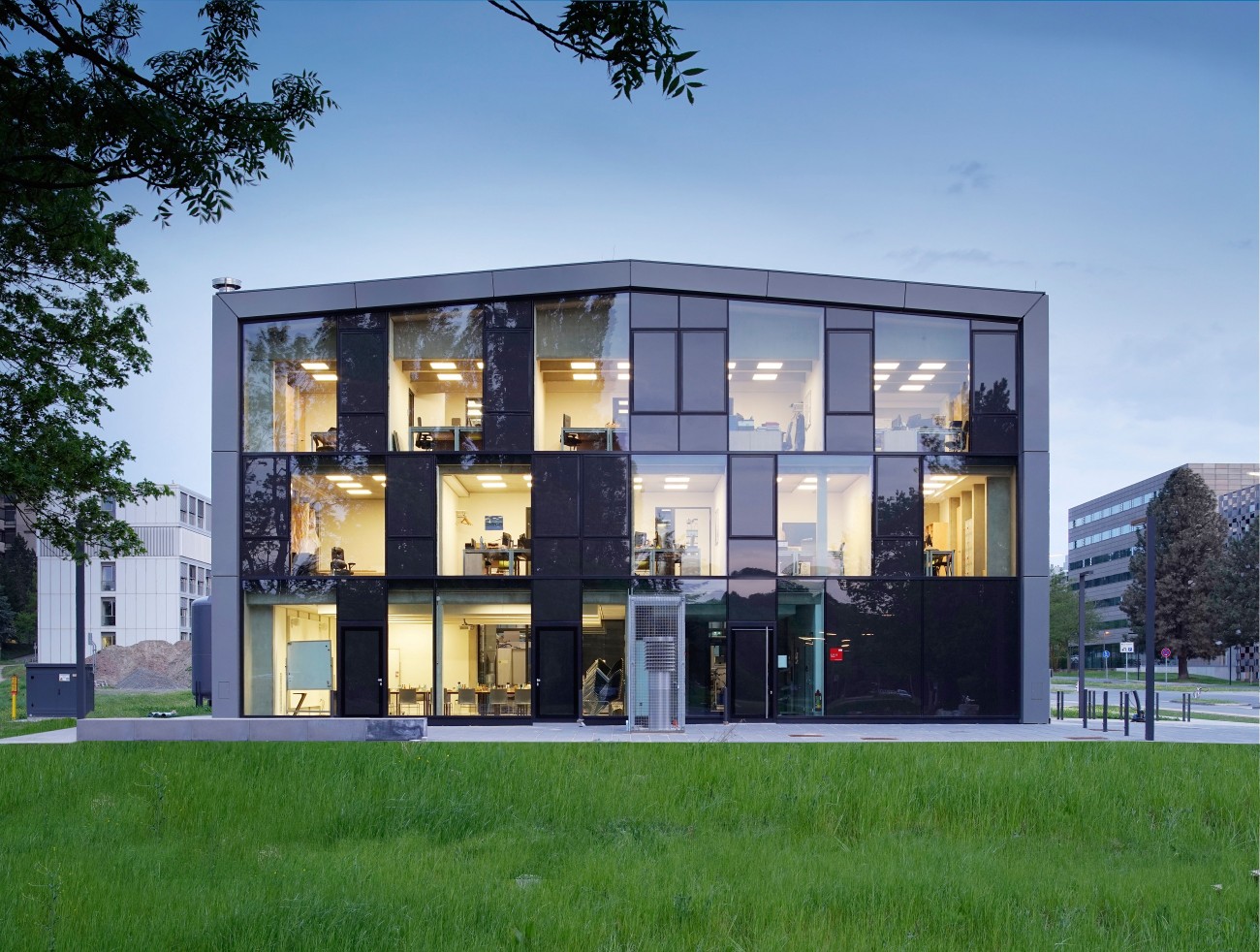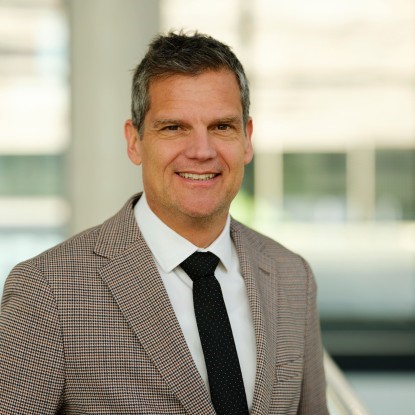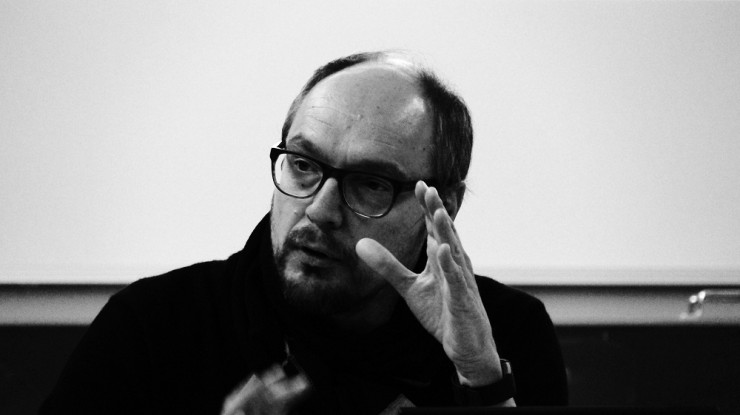| Acronym | ETA-Fabrik |
| Coordinator | TU Darmstadt, Institute of Production Management, Technology and Machine Tools |
| Project partner |
|
| Duration | 01. May 2013 – 30. April 2018 |
| Grantor |
|
| Project content |
Within recent years, law in Germany has gradually restricted the allowable heat energy demand and the permissible heat loss from buildings. In addition, the non-renewable energy consumption in building operation for new buildings should be reduced to zero by 2020 according to an EU-directive (Bundesministerium für Wirtschaft und Technologie, 2005). In contrast to the housing sector, industrial buildings should usually meet two typical requirements of production processes: on the one hand, the variability of the plant and, on the other hand, an associated variability in the electrical and thermal energy supply. Often, a significant excess of thermal energy is the result of this variability and the result of a lack of holistic designing; therefore, the transfer and re-use of this energy will be considered in the project ETA-Fabrik. ‘ETA’ stands for energy-efficient factory for interdisciplinary and applied research. It is part of the 5th Energy Research Program of the German Federal Government ‘Innovation and New Energy Technologies’ by the Federal Ministry of Economics and Technology (BMWi). The topicality of the project is demonstrated by the participation and support of many industrial companies, both directly participating in the research project as well as acting as advisors in an additional working group. By this, a direct internal and external transfer of knowledge shall be guaranteed. Within the project, a 1:1 scale model factory is being built on the campus of the TU Darmstadt and was opened in March, 2016. A production process chain, which is typical for the German medium-sized metal processing industry, will be installed in this model factory containing chipping, cleaning and heat treatment. Previous research at the Institute of Production Management, Technology and Machine Tools (PTW) at the Faculty of Mechanical Engineering at TU Darmstadt has been successfully aimed at an isolated energy optimization of individual machines, resulting in 40%-50% in energy savings compared to conventional machines. Additional savings of about 30% are already identified for an isolated optimization of the production process, 25% for an optimization of the building and its envelope and 20% for the technical infrastructure. The research project ETA-Fabrik at TU Darmstadt, however, with its holistic approach aims at 40% energy savings compared to conventional manufacturing factories. This shall be achieved by a suitable energy concept, an appropriate energy management with energy-efficient operation and architectural and structural measures. For this holistic approach, the energetic interaction of the building envelope, the environment, the technical infrastructure and the production process chain must be carefully analyzed and optimized. One important idea is the thermal activation of the building envelope in combination with thermal storages to allow heating and cooling of the factory. It must be noted that contrary to the housing sector, in Germany, cooling during summer time is one of the important issues in many factories. Beside plants for metal processing industry like in this research project, the concept can be adapted to any kind of process with waste heat emitting machines, e.g. automotive industry, food industry, chemical industry. However, requirements on heating, ventilation and air conditioning for non-residential buildings has been increased in Germany for the last years, thermal activation of wall and roof elements becomes more interesting for any kind of industrial plants, because for using this technique, no high temperatures are necessary (12°C to 17°C for cooling and 30°C to 40°C for heating are sufficient). |
|
Projecthomepage |
|
Department of Civil and Environmental Engineering

Research project ETA-Fabrik
Research project ETA-Fabrik




